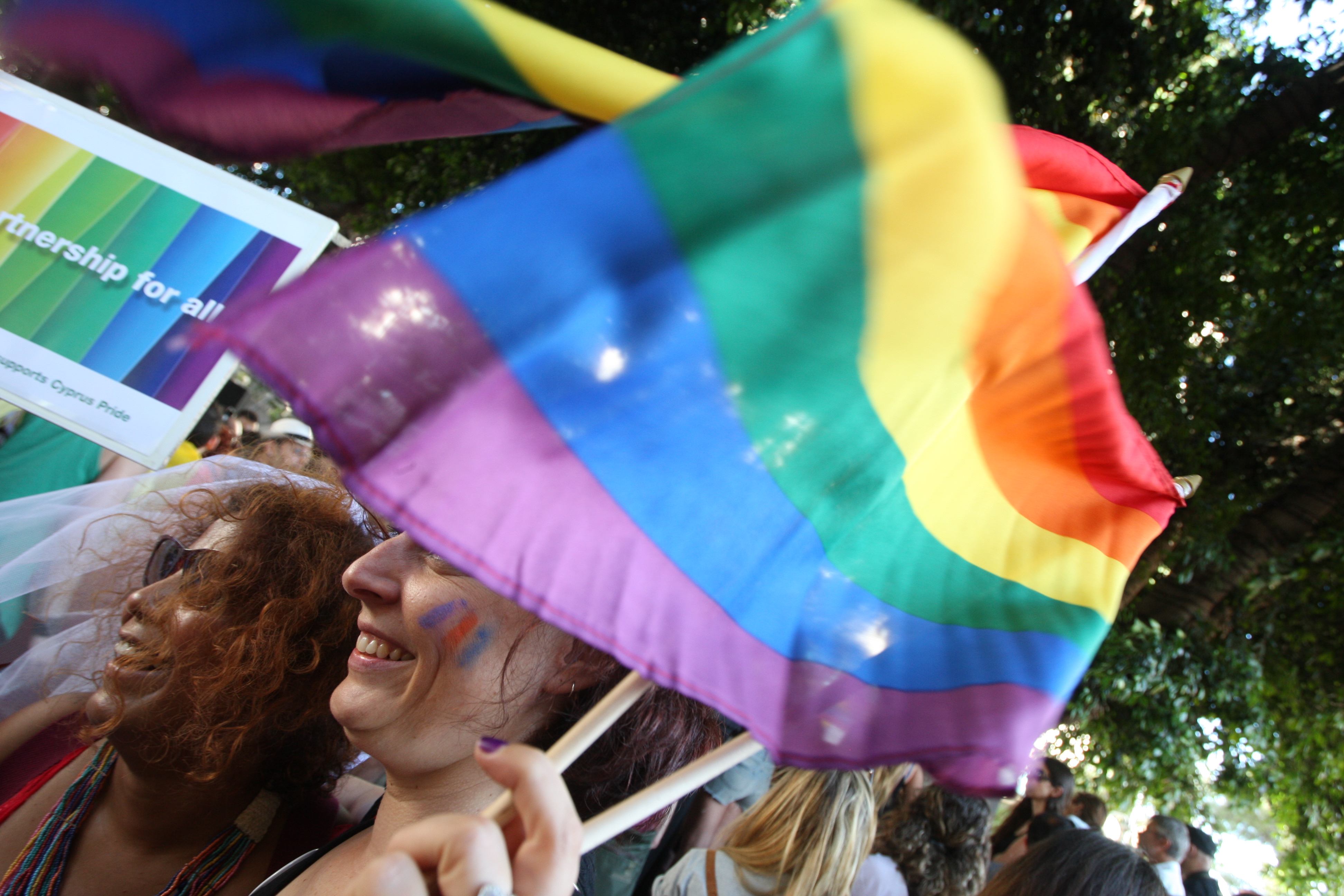A heated debate broke out at the House legal affairs committee on Wednesday during discussions of a bill aimed at combatting violence against women, following proposed amendments to the definitions of “gender” and “woman.”
The amendments were put forward by Diko MP Chrysis Pantelidis and Disy MP Haris Georgiadis, who said they were necessary to align the bill with EU Directive 2024/1385 and the Istanbul Convention.
The EU directive calls on member states to “take appropriate preventive measures” to combat violence against women and domestic violence. Paragraph 71 specifically highlights that victims experiencing “intersectional discrimination” — such as women with disabilities, undocumented migrant women, women affected by homelessness, and lesbian, gay, bisexual, trans or intersex persons — face a heightened risk of violence.
MPs clashed over the proposal, with Elam MP Sotiris Ioannou claiming that “common sense has been abandoned,” while Volt MP Alexandra Attalidou countered that the proposal undermined the rights of transgender people.
“The rapporteurs claim to be aligning with European legislation, but in reality, they are blatantly violating it,” she said, stressing that both the EU directive and the Istanbul Convention explicitly protect trans people from discrimination.
She added that protecting women “cannot be achieved by depriving others of their rights,” arguing that the proposal politicised equality issues.
Pogo women’s movement representative Eleni Evagorou questioned the motivation behind the proposed changes, saying the real problems faced by women stem from inadequate state support structures and barriers in the justice system.
“We wonder what the social basis is for this proposed law,” she said. “The real challenges concern the lack of support structures and the difficulties within the justice system – not whether or not the law includes transgender people.”
Evagorou noted that only one transgender person had sought help from gender-based violence services in the past decade, arguing that this showed there was no real issue warranting division or conflict.
Speaking to the Cyprus Mail after the meeting, she said there was no “social reason” for reopening the discussion.
“Our law is already aligned with the Istanbul Convention, which provides for a flexible definition of these terms,” she added.
Accept–LGBTQI Cyprus spokesperson Stefanos Evangelidis said the proposal was legally incompatible with European Court of Human Rights case law.
He pointed out that both the EU directive and the Istanbul Convention explicitly include transgender and intersex women, as well as women from other vulnerable groups, within their definitions.
Evangelidis expressed surprise that the co-signing MPs continued to push the proposal despite criticism from key government institutions, including the justice ministry, warning that Cyprus could face repercussions from the Council of Europe if the amendments proceed.






Click here to change your cookie preferences